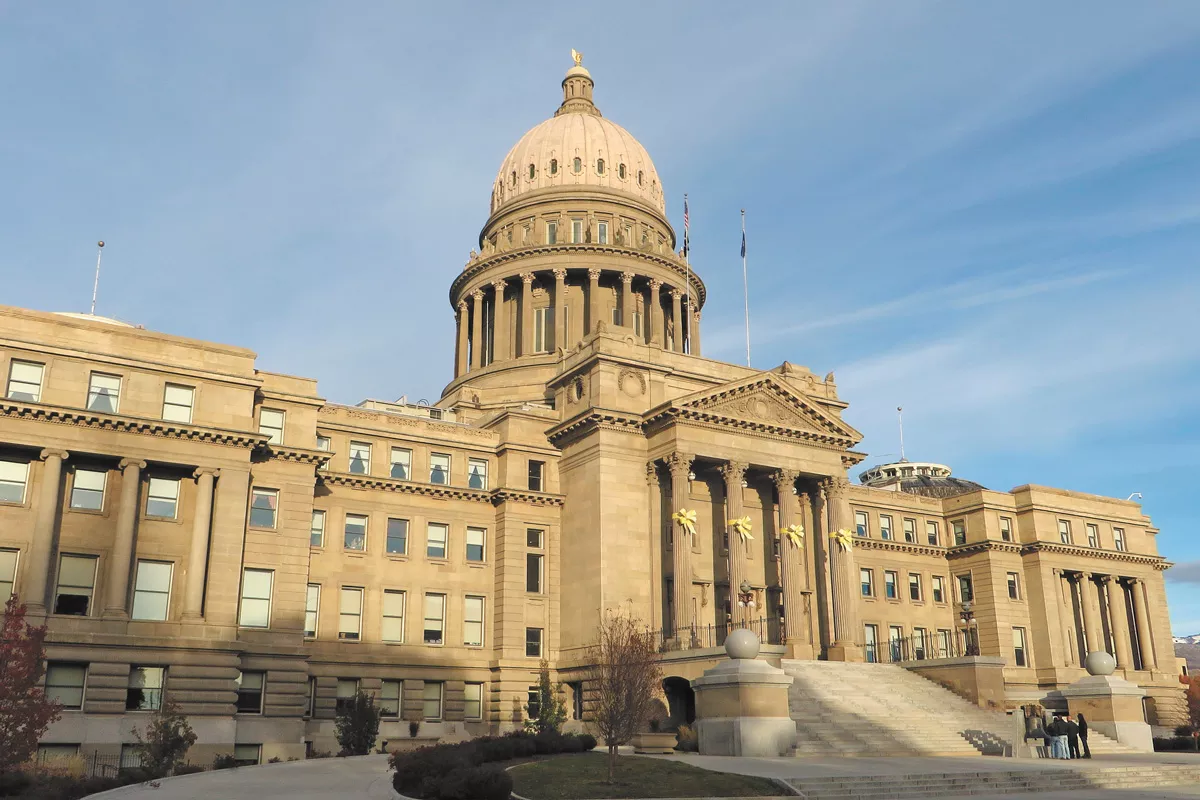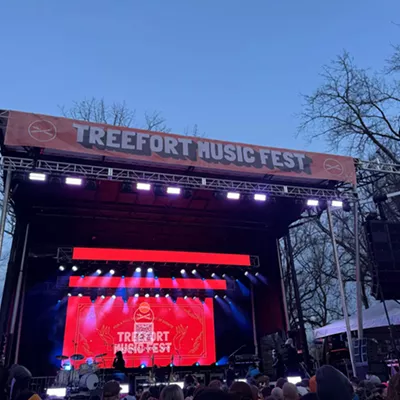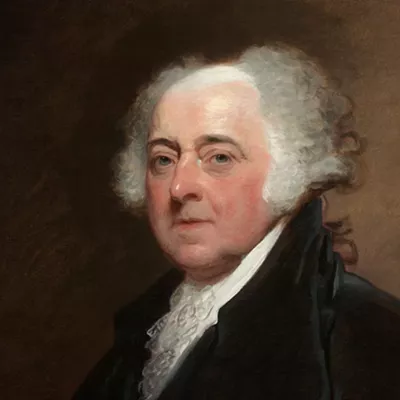
Amid a global pandemic, the Idaho Legislature took decisive action to protect Idahoans from harm: They passed a bill outlawing the teaching of so-called "critical race theory." What exactly is this clear and present danger? I doubt the folks in Boise know. Indeed, I've been a student of history for over 20 years, and I have only heard the dreaded phrase since conservatives opened yet another front in their endless culture wars.
Idaho is not alone in manufacturing faux outrage against critical race theory. Republican presidential hopeful and Florida Gov. Ron DeSantis also signed a bill banning the theory, which he accused of teaching "kids to hate our country and each other." To its critics, then, critical race theory is a politically motivated attempt to indoctrinate American youth. Its practitioners, allegedly, begin with the premise that America is inherently racist and then cherry-pick evidence to support this claim. That is not how history works.
While human beings have told stories about the past for as long as people have gathered, the modern discipline of history emerged in the 19th century. The first professional historians looked to embrace the scientific method, identifying historical laws through the careful gathering and observation of evidence. While scientists had laboratories in which to gather evidence through experimentation, historians had archives. Primary sources — documents produced at the time of the period or event being studied — provided the evidentiary anchor for historical analysis.
Historians might no longer believe that they can discover universal historical laws, but they remain committed to the fundamental importance of evidence. While the term "historian" can cover a wide range of vocations, from interpreters at historic sites to research professors at universities, professional historians have all been trained in the use of evidence. Sources do not speak for themselves. Historians interrogate evidence. They ask questions, like who is the author of this source? What motivated them to produce this document? Who is the audience? What impact is this document meant to have on the audience?
What historians don't do is begin with an argument and then seek out evidence to support it. This is malpractice that goes against the fundamental laws of our profession. Scholars of the past often disagree. But these disagreements are based upon different interpretations of evidence. In the case of academic historians, our books and articles are all subject to blind peer review. Experts in our field weigh conflicting arguments and consider how scholars have interpreted evidence to ensure intellectual rigor and honesty before publication.
While history is an evidenced-based discipline, it is also inherently political. The most basic definition of history is that it is the study of change over time. But historians do not just chronicle the past; they also explain why things change. As such, history is often the study of power, the power to enact change. Power is often divisive. Some people have it; some people don't. To understand power dynamics over time, historians often shine a light in dark corners, which is why they attract the ire of politicians who are more concerned with furthering their careers in the present than in an honest examination of the past.
When Thomas Jefferson founded the University of Virginia, he wrote to the English politician and scholar William Roscoe that "this institution will be based on the illimitable freedom of the human mind, for here we are not afraid to follow truth wherever it may lead, nor to tolerate error so long as reason is left free to combat it." While the political performance in state capitals from Boise to Tallahassee is unlikely to impact our classrooms (who is to say what is critical race theory and what is not?), the intellectual underpinning of these legislative assaults on academic freedom is deeply troubling. The idea that we must constrain the freedom of the human mind, that we ought to be banned from following some truths wherever they lead, is a hallmark of totalitarianism. If conservative lawmakers truly believe that the bogeyman of critical race theory is a false prophet, they should embrace Jefferson's intolerance of error by leaving reason free to combat it. ♦
Lawrence B. A. Hatter is an award-winning author and associate professor of early American history at Washington State University. These views are his own and do not reflect those of WSU.























